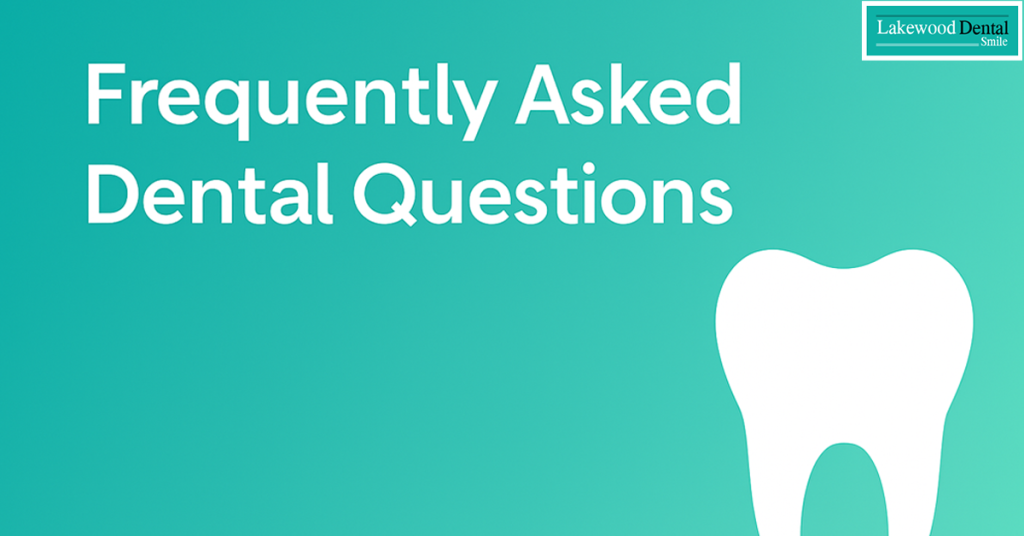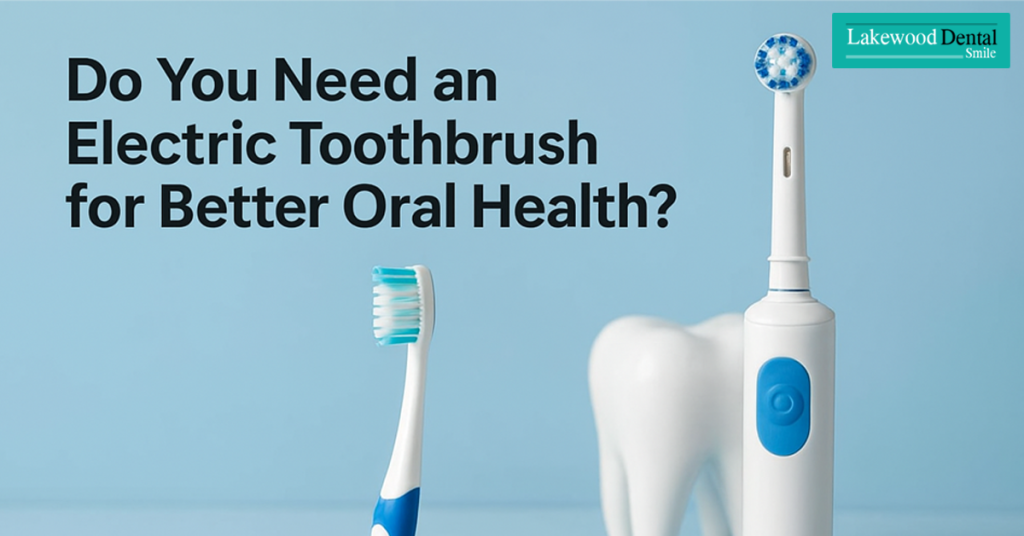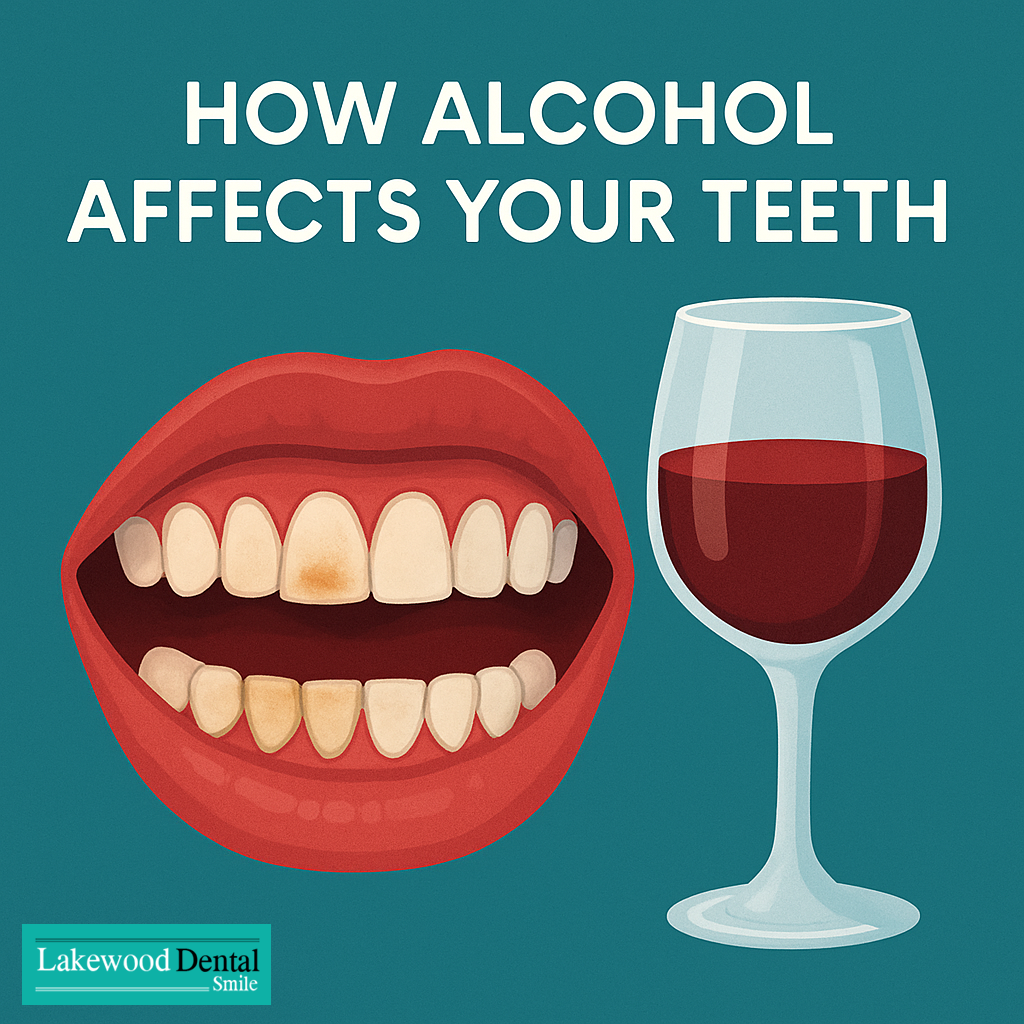Patients today have more options than ever to diagnose and treat tooth disorders. Just as you carefully manage other health conditions affecting your body, it’s important to give serious attention to your dental health. Some dental issues may seem minor at first but, if left untreated, can lead to serious complications—including an increased risk of certain cancers. Fortunately, with advances in dental treatments, these conditions can be effectively diagnosed and managed. However, people of all ages can also adopt simple daily habits to maintain strong, healthy teeth and prevent problems before they start.

Begin Early: Tooth decay is very common among children, with many kids aged 12 to 15 experiencing cavities. The best approach is to start dental care as early as possible—usually around six months of age. At this stage, teeth can be gently wiped with a clean, damp cloth or a very soft brush. By about age two, children can begin trying to brush their own teeth, but it’s important to supervise and guide them to ensure proper technique.
Use enough—but not too much—fluoride: Fluoride plays a key role in strengthening tooth enamel, making teeth less prone to decay. Drinking fluoridated water can offer significant protection, and many toothpastes available today contain fluoride as well. However, for young children, fluoride use should be limited—just a small smear on the toothbrush—to prevent excessive ingestion.
Brush twice a day and floss daily: Gum disease and tooth decay are serious concerns at any age. It’s important to maintain good oral hygiene by brushing your teeth twice daily and flossing every day. Replace your toothbrush every 3 to 4 months to ensure effective cleaning. Teenagers with braces may need special toothbrushes and additional oral care tools to keep their teeth and gums healthy.
Tips for Older Adults: Older individuals with arthritis or other conditions may find it difficult to hold a toothbrush or use floss effectively. Many find electric toothbrushes easier to use, while others improve their grip by adding a bicycle handle grip or a foam tube around the toothbrush handle for better control and comfort.
Rinse or Chew Gum After Meals: In addition to regular brushing and flossing, rinsing your mouth with an antibacterial mouthwash can help prevent tooth decay and gum disease. Chewing sugar-free gum after meals also boosts saliva production, which naturally washes away bacteria and neutralizes harmful acids, protecting your teeth.
Eat Smart: No matter your age, a healthy diet is essential for strong teeth and healthy gums. Eating a balanced variety of whole foods—such as grains, nuts, fruits, vegetables, and dairy products—provides the nutrients your mouth needs to stay healthy. Some studies also suggest that omega-3 fats, found in fish, may help reduce inflammation and lower the risk of gum disease.
Avoid Sugary Foods: When bacteria in your mouth break down simple sugars, they produce acids that erode tooth enamel, leading to tooth decay. Sugary drinks—like sodas and fruit juices—are especially harmful because sipping them throughout the day keeps acid levels high for extended periods, increasing the risk of enamel damage.
At Lakewood Dental Smile, we’re committed to helping you maintain a healthy smile at every stage of life. Schedule a visit with our expert team today to get personalized advice and the latest treatments tailored just for you.




